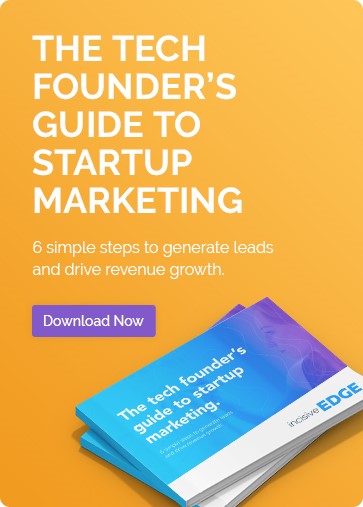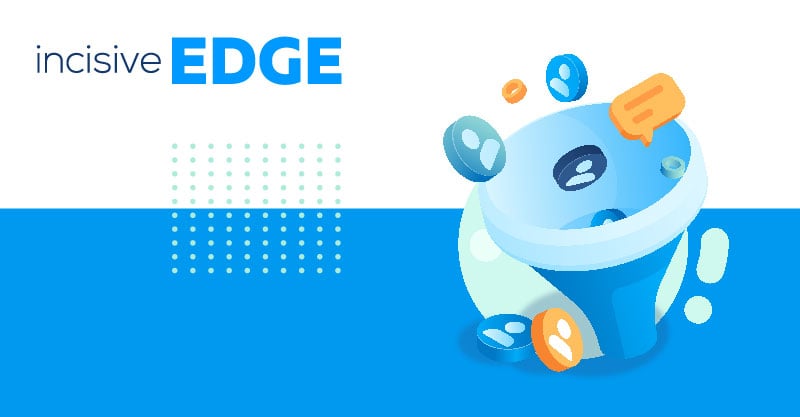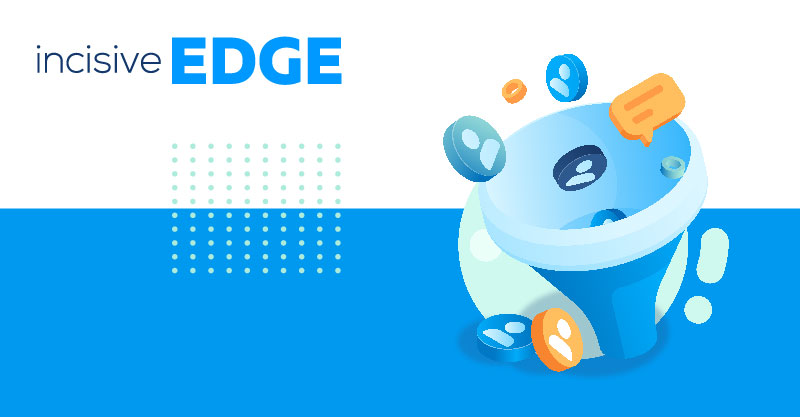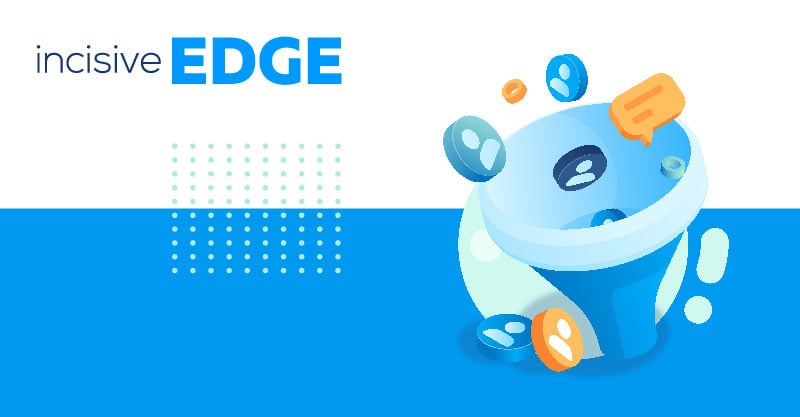Most businesses are cottoning on to the fact that it makes more sense to have ideal prospects coming to them than having to go out and grab their attention. Why interrupt when you can attract? That’s what inbound marketing is all about.
Making strategic choices can be the key to success. By employing search engine optimization as part of your inbound strategy, you can ensure that everyone who visits your site is already interested in what you have to offer. This approach maximizes the potential for conversion without the need for outbound marketing. Instead of having to actively pursue potential customers and wave your marketing flag, your site naturally draws them in. So, why should they pay attention to you rather than your competitors or whatever else might pique their interest at the moment?
Four of the main pillars of inbound marketing are understanding who your customers are, improving your conversion mechanism, making sure your website is personable and delivers an excellent user experience, and perfecting your funnel.
Check out the following blogs to learn more about inbound marketing strategies
- What Are the Five Fundamentals of Inbound Marketing?
- Top 5 problems inbound marketing solves for your business
- What Are the 3 most effective types of Inbound Marketing?
It’s Not Just About New Business
An integrated approach to inbound marketing centres around attracting your ideal visitors. This means providing them with the richest and most appropriate content that’s aligned with their interests and nurturing them to the point that they view your business services and solutions as their one true solution. Focus your efforts on both your customer acquisition and customer retention strategy.

A lot of businesses put a heavy focus on winning new clients. Makes sense, right?
Well, winning new clients is important – of course it is. But, we must never forget the importance of focusing on retaining our existing customer base. For a start, it costs less to retain customers than to win new ones, but you also stand a much higher chance of selling added services and products to your current customer base
Customer Retention Strategies
Customer retention is clearly of paramount importance, so it’s essential that you know how to tailor your inbound marketing efforts, so they take this into account, while still being effective in winning new business.
Here are 5 great strategies for using inbound marketing for customer retention and to create loyal customers.
1. Make them Feel Special with Exclusive Content
We are massive proponents of regularly publishing to a business blog (as well as guest posting on other relevant sites with plenty of links back to your own). There are many benefits to this, but the two you should be most concerned with are the increased opportunities for search engine optimisation and the chance to establish yourself as a thought leader in your industry. Publishing relevant content will encourage customers to continue using your products or services.
This public content, encompassing search engines, valuable content creation, and content marketing, serves as an informative resource for new site visitors keen to learn more about you and your business. The benefits extend to everyone, thanks to the wealth of valuable blog posts. Nonetheless, there's merit in reserving a select few pieces exclusively for members. This approach not only engages and informs all your visitors but also demonstrates the power of content marketing, making your existing customers feel genuinely valued.
When creating this exclusive content, try to tailor it specifically to your current customers’ needs as they are your target audience and you should've gathered enough data from their previous purchases or activities. For example, you could create an ebook guide that explains how to get the most out of your product after purchase. This could then be distributed to your customers through email.

2. Become a Destination for Free Industry Resources
If you want to be considered as an authority, be authoritative – and what greater way to do this than to make your website the home of all things in your industry?
Leverage your website as a platform to showcase pivotal industry blog posts and craft a robust SEO strategy. Boosting traffic to these essential resources entails producing content that not only links to them but also strategically integrates them into your web pages. With a bit of luck, the companies and individuals responsible for these insightful blog posts and SEO strategies may take notice of your resource-sharing efforts, potentially reciprocating. This practice serves as a formidable approach to effective link-building.
Ensure that your clients have easy access to the resources through links in newsletters, email signatures etc., and they will begin to feel like your site is their very own resource centre.
3. Give Them a "Buy-In" to Exclusive Content at the Start of the Relationship
If you have won a new client, go out and celebrate. Your customers should mean the world to you. You have already captured their attention, so strike while the iron is hot and invite them to sign up to receive more communication and content from you, made exclusively for current customers.
You could also make the point that certain special offers will be only be made available through this particular channel. Many companies focus the vast majority of their promotional activities on new and returning customers, so offers just for current ones can help you deliver an exceptional customer experience.
Nobody wants their time wasted. Once you’ve got your customer to opt in, keep these points in mind to ensure that you’re consistently delivering value:
- Pay close attention to delivering content that will match their interest and their needs
- Understand who they are and what they need to know
- Don’t bombard them
- Be consistent
4. Create Communities
Communities are the foundation of many successful businesses. They can be incredibly powerful ways of connecting with people. When those people are the people who trust you the most, they are also the most loyal. You can create communities in a variety of ways. You can start a forum on your website. Or maybe a Facebook and/or LinkedIn group or other more specialised forums that can be incorporated into a website.
These are easy to set up on social media channels such as Facebook and LinkedIn or other more specialised forums that can be incorporated into a website.
These groups can act as a way for your clients to discuss and share information, and for you to deliver exclusive content, highlight new products and services or invite your customers to events.
If you manage to engage your customers effectively and have them generate some detailed feedback in conversations amongst themselves, this community can also become an indispensable insight into how you can improve your business and its products.
Bear in mind though, that whilst these communities are easy to set up, it can be difficult to keep them active, particularly if the membership numbers aren’t very high. Don’t expect the group to run itself without your consistent input.
5. Optimise Your Site for Them
Remember this is all about making customers feel special. If you were a member of a club and you had to queue with everyone else in the cold and wet, would you feel appreciated? Put your clients’ names on the website’s “guest list”. Your site should talk to them just as much as it reaches out to new people.
The exclusive content that we looked at earlier comes into play here. By including a highly visible client login section on every page of the site, you make sure that new visitors are aware that there are hidden benefits available only to customers.
This mechanism can tempt prospective customers to join the club. You can boost your chances of this by sharing snippets of the exclusive content and inviting them to set up a user account when they click the “More” button. They may not have bought from you, but the moment they sign up, you know they are interested, and it should be easier to convert them.
One example we can learn from is the Financial Times website.

Visitors can view headlines and highlights, but only paying subscribers can read the full content. They provide a personalised service with “myFT” which assures customers that they only receive the news they really care about. The “Sign in” and “Subscribe” buttons are in a clear location and are visible on every site page.
The FT has two offers available which target new customers. When a current customer sees all this, they can feel pleased that they have exclusive access.
Summary
In principle, using inbound marketing to retain customers is not rocket science, but it needs a steady pair of experienced hands to do it properly. When people visit your site, they should be made to feel welcome – just as you would welcome people into your office – but there’s nothing wrong with letting your hair down a little more when you already know your guests, and letting them know that you value them.








